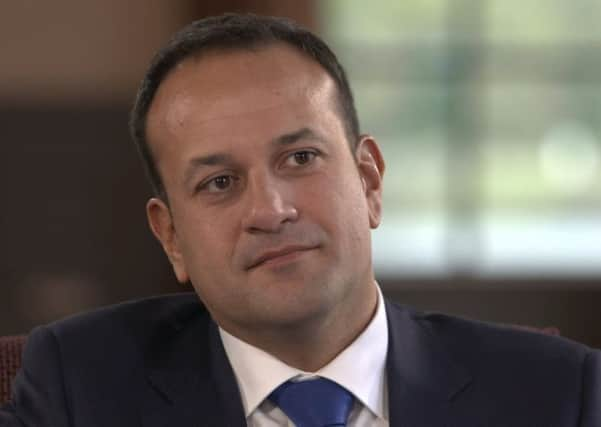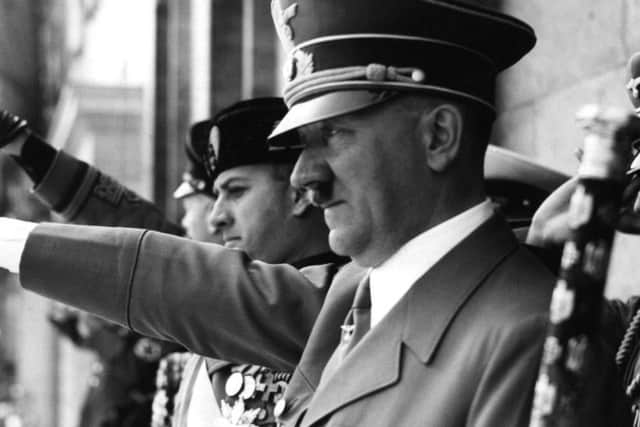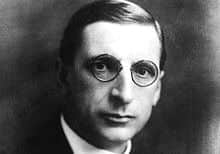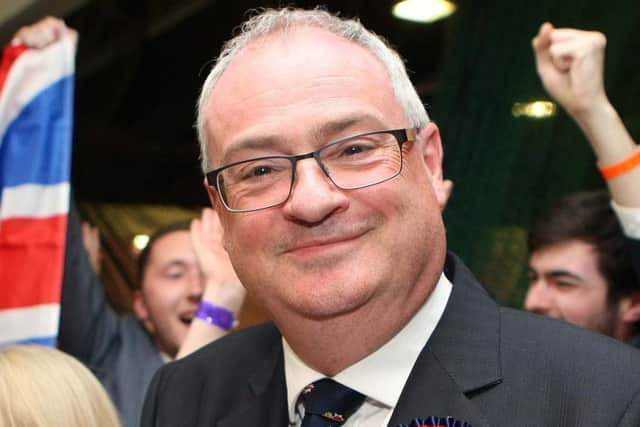Varadkar in dock over Nazi neutrality comments


Leo Varadkar made his comments at the recent launch in Dublin of David McCullagh’s book ‘De Valera: Rise 1882-1932’.
Mr Varadkar said his predecessor was not always right, but described his achievement in keeping Ireland neutral in WWII as “probably his finest hour”.
Advertisement
Hide AdAdvertisement
Hide AdHowever, UUP chief whip Steve Aiken said that Mr Varadkar had expressed “poor judgment” in expressing admiration for de Valera’s easy relationship with Nazism.


The MLA said that de Valera expressed formal condolences to Germany on the suicide of Adolf Hitler in 1945 – despite knowing about the atrocities in the Nazi concentration camps; the move prompted international outrage.
Mr Varadkar said of de Valera: “Ireland benefited from this single-minded determination during the Second World War, as de Valera affirmed our independence, and pursued a neutral course even in the face of considerable hardships and threats. That was probably his finest hour, building on some of his political successes in the 1930s.” His comments were reported in the Irish Times.
But UUP MLA Mr Aiken, a former Royal Navy nuclear submarine commander, questioned Mr Varadkar’s judgement.
Advertisement
Hide AdAdvertisement
Hide Ad“The crimes committed by fascism in Europe during the Second World War mean that he is on the wrong side of history with regard to these comments,” he said.


“Furthermore, his comments display a lack of understanding in the lead-up to the 80th anniversary of the dismemberment of Czechoslovakia and the annexation of Austria which paved the way for the deaths of many millions of innocent people.”
Only in May 2013 did the Republic of Ireland finally grant an official pardon to thousands of its citizens who deserted their own country to fight Hitler.
Mr Aiken said he was in no doubt such Irish men had made the right decision in fighting the Third Reich.
Advertisement
Hide AdAdvertisement
Hide Ad“The descendants of Irish citizens who were granted pardons in 2013 for fighting the Third Reich will be very aggrieved by what the taoiseach has said and will doubtless be asking him to clarify his comments.


“It is abundantly clear that the fight against fascism was a fight for everyone on this island, and the world will always be grateful to those Irish citizens who fought with Britain for freedom and democracy, rather than cowering behind the veneer of neutrality.
“The fact that de Valera knew about the atrocities in the Nazi concentration camps, yet he still went to the German Legation in Dublin to sign a book of condolence on the death of Adolf Hitler, underlines how poor the current taoiseach’s judgment is in his statement.
“Bearing in mind Mr Varadkar’s support for LGBT rights, perhaps he should also reflect on the fact that the fascists forced them into concentration camps; it is very strange that he should take this position.”
Advertisement
Hide AdAdvertisement
Hide AdMr Aiken added that the issue of the Republic’s ongoing neutrality is not just historical but poses the Republic serious questions in 2017. A post-Brexit EU will be committed to closer integration involving an EU army and defence system, he said.


“Instead of analogies about neutrality in World War Two, Leo Varadkar should be preparing the Republic for joining a European superstate.”
Mr Varadkar declined to respond to Mr Aiken.
Historian Gordon Lucy said the neutrality of southern Ireland in WWII demonstrated the new state’s independence and autonomy from the United Kingdom and further served to alienate Ulster unionists from the south.
“Leo Varadkar wears this as a badge of pride while unionists take a different view,” he said.
Advertisement
Hide AdAdvertisement
Hide Ad“Unionists, and some nationalists too, are proud of Northern Ireland’s role in the Second World War.”
Even the German minister to Ireland, Eduard Hempel, was embarrassed by de Valera visiting him to express condolences on the death of Hitler in 1945, he said.


“Leo Varadkar’s views are not the same as those of James Dillon who resigned from Fine Gael in 1942 over its stance on Irish neutrality during World War II,” he said.
“While Fine Gael supported the government’s decision to stay out of the war, Dillon urged the Irish government to side with the Allies. He was the only TD to do so.”
Advertisement
Hide AdAdvertisement
Hide AdHowever, Mr Lucy added that in reality, Irish neutrality had been “seriously compromised” during the war.
A letter from the British secretary of state for dominion affairs to the British War Cabinet in 1945 detailed 14 different ways the south cooperated with Allied military forces during WWII, he said. The south agreed to intern all German military personnel who reached the country, the letter said.
Some 45,000 southern Irishmen and women rejected de Valera’s concept of neutrality and volunteered to fight the Third Reich with British forces during WWII.
After Hitler’s defeat, Taoiseach Eamon de Valera visited the Third Reich’s minister to Ireland to express condolences for the suicide of Adolf Hitler, prompting immediate international condemnation.
Advertisement
Hide AdAdvertisement
Hide AdIrish soldiers who fought with the Allies were labelled ‘deserters’ at home. On their return they were barred from state jobs and refused military pensions.
Paddy Reid’s father, Paddy senior, was one of those affected, serving alongside British troops in Burma. He was sure his father didn’t feel ashamed, but told the BBC in 2013 that he may have been made to feel that way.
“I was told as a kid - your father is a traitor, you should be ashamed of him.” He added: “My dad could not find work for many years - in fact his first real job was not until 1961,” said Mr Reid, who became visibly upset as he remembered what happened decades previously. “My mother was the one who really carried the stress of trying to survive on almost nothing.
“It was tough trying to bring up kids with no money and abuse at the same time. It was a whole lifetime of defending your dad.”